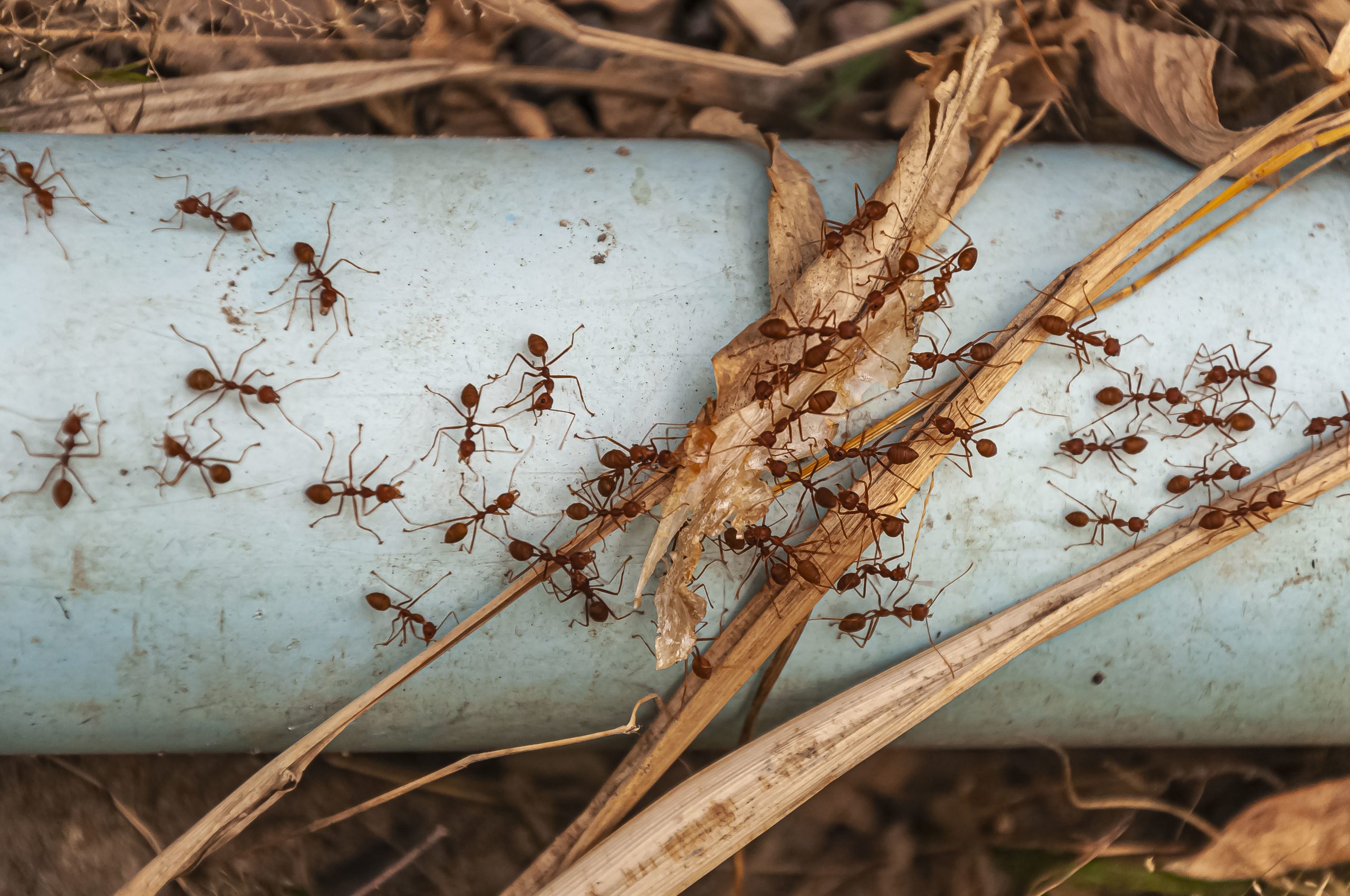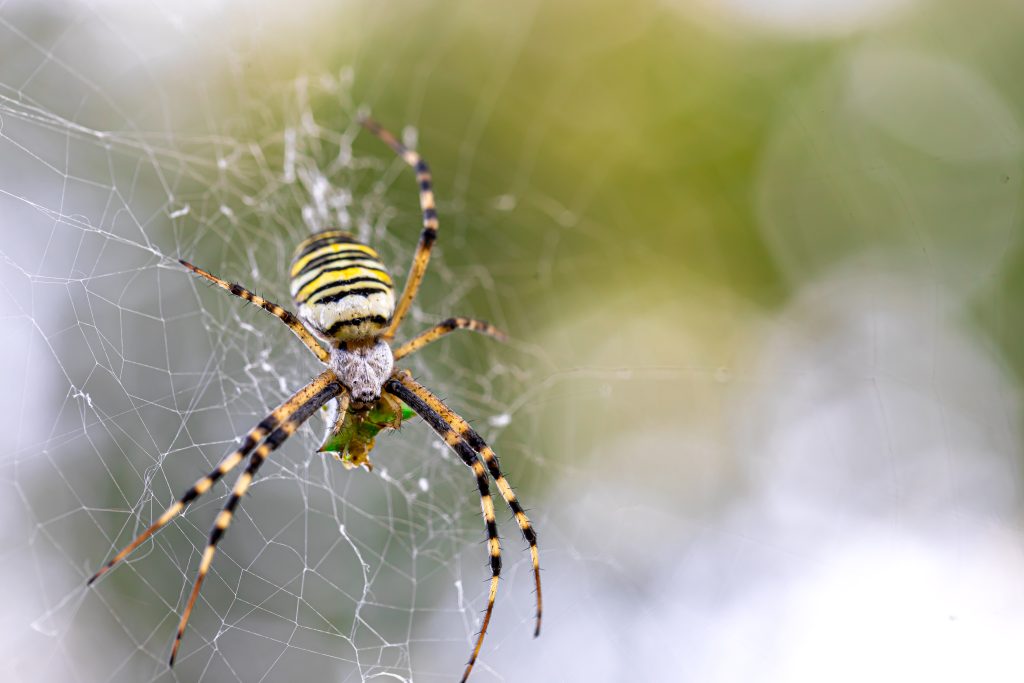Guide
The Battle Against Household Pests: Common Insects and Rodents That Infest Homes

Dealing with pests is a constant battle that every homeowner has to face at some point.
Insects and rodents are notorious for invading homes and causing various damages, including health hazards, structural damage, and property loss. But, with proper knowledge and preventive measures, you can win the battle against these unwanted guests.
In this article, we explore common household pests and the most effective ways to keep them out of your home. From roaches to rodents and mosquitoes to bed bugs, we cover it all.
Cockroaches
Cockroaches are one of the most common household pests that can infest your home. They thrive in warm, humid environments and are attracted to food, water, and shelter.
These insects are not just unsightly, but they can also pose health risks as they carry bacteria and allergens that can cause asthma and other respiratory problems.
To prevent cockroach infestation, keep your kitchen and bathrooms clean and dry, seal all cracks and holes in walls and floors, and store food in airtight containers.
If you spot cockroaches in your home, use baits or insecticides.
Ants
Ants are attracted to sweet and greasy food and can quickly form colonies in your kitchen or pantry. They are not harmful to humans, but they can contaminate food and cause significant damage to your property.
To keep ants away, make sure to clean up spills and crumbs immediately, store food in sealed containers, and seal all entry points, such as cracks and crevices in walls and floors.
If you have an ant infestation, use bait stations or sprays.
Bed Bugs
Bed bugs are small, reddish-brown insects that feed on human blood. They can infest your home through luggage, used furniture, or by attaching to your clothing or pet.
They are not known to transmit diseases, but their bites can cause itching, allergic reactions, and sleep disturbances.
To prevent bed bugs, inspect second-hand furniture or clothing before bringing them into your home, use bed bug-proof mattress covers, and vacuum regularly.
If you suspect bed bug infestation, contact a pest control professional immediately to avoid spreading and breeding.
Mosquitoes
Mosquitoes are not just annoying pests that cause itchy bites, and can also transmit deadly diseases such as West Nile virus, Zika virus, and malaria.
They breed in stagnant water, so make sure to remove any standing water from your property, including flower pots, bird baths, and gutters.
Use insect repellents when you spend time outdoors, and install screens on doors and windows to prevent them from entering your home.
For effective mosquito control, consider using insecticides or mosquito traps that are designed for indoor or outdoor use.
Rodents
Rodents such as rats and mice can infest your home and cause significant damage to your property. They can chew through walls, wires, and insulation, and contaminate food with their droppings and urine.
Rodents are also known to transmit diseases such as Hantavirus and Salmonella.
To prevent rodent infestation, seal all entry points, such as cracks and gaps in walls and floors, keep your kitchen and pantry clean and tidy, and store food in airtight containers.

Spiders
While most spiders are harmless to humans, some can deliver venomous bites that can cause pain, swelling, and other symptoms.
To prevent spider infestation, keep your home clean and clutter-free, seal all cracks and gaps in walls and floors, and remove any spider webs that you see.
Termites
Termites are a serious threat to the structural integrity of your home. They feed on wood, paper, and other cellulose materials and can cause significant damage if left untreated.
They can be difficult to detect, as they often live inside walls and floors.
To prevent termite infestation, keep your home dry and well-ventilated, fix any leaks or moisture problems, and remove any wood debris from your property.
If you suspect termite infestation, contact a pest control professional immediately!
Fleas
Fleas are small, wingless insects that feed on the blood of humans and pets. They can enter your home through infested pets, and wildlife, or by attaching to your clothing or shoes.
Bites can cause itching, and allergic reactions, and transmit diseases such as cat scratch fever.
To prevent flea infestation, vacuum your home regularly, wash your pet’s bedding and toys, and use flea-preventive products on your pets.
Conclusion
Dealing with household pests can be frustrating and challenging, but with the right knowledge and preventive measures, you can keep them out of your home.
Remember to always read and follow the label instructions on any pest control products that you use, and consider consulting with a pest control professional if you have a severe infestation or are unsure how to handle a specific pest.
Goodluck!













